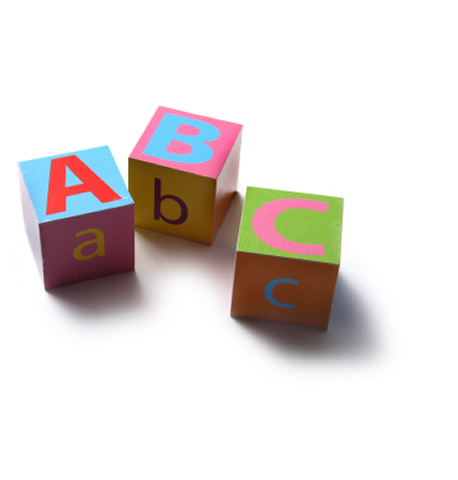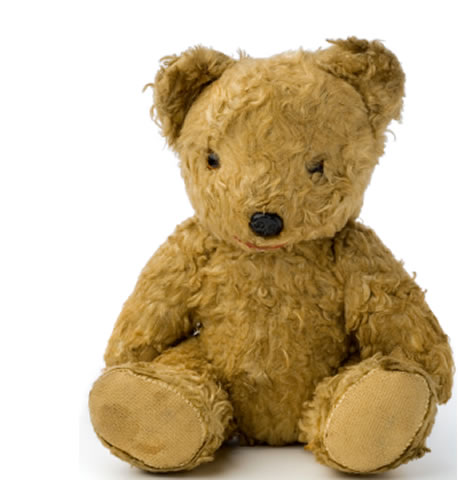
PLAY THERAPY
Sometimes very young children do not have the verbal skills to participate in traditional "talk therapy" and they frequently have difficulty talking about what is bothering them. This is not because they don't want to discuss their thoughts and feelings, but because they haven't yet developed the vocabulary or the thinking skills that they need to be able to do this. In addition, older children may be too traumatized by their abuse to benefit from traditional therapy.
Play therapy is an approach to counseling children that allows them to use toys and other play and art material to express their thoughts and feelings. In a play session, children can use their play to show the counselor what they are thinking and feeling. The counselor can use the play to communicate with children about what is happening in their lives and to help them explore alternative behaviors and attitudes.
The CAC has a fully equipped Play Therapy room and a counselor trained to offer these services to young child victims.

